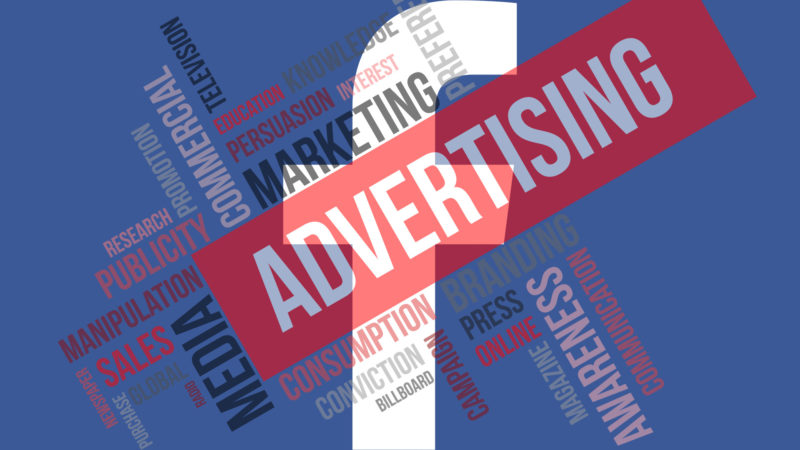Facebook Now Asks Why You’re Hiding That Ad, To Better Target Them & Block Offensive Ones
Facebook has announced that after users hide ads, it’s going to ask for more details about why — and that will be used to better target those simply aimed at the wrong people, as well as better block ads deemed offensive or spammy to everyone. For years, Facebook has given users to ability to hide […]

Facebook has announced that after users hide ads, it’s going to ask for more details about why — and that will be used to better target those simply aimed at the wrong people, as well as better block ads deemed offensive or spammy to everyone.
For years, Facebook has given users to ability to hide ads they don’t want to see and Facebook has used those “hides” as a signal that other people might not want to see those ads either. Now, Facebook says, it will take into account the specific reason people give for hiding an ad. Also, Facebook will pay more attention to hiding feedback initiated by people who don’t often hide ads, treating those signals as stronger.
In a blog post, Facebook product manager Max Eulenstein explained that an ad hidden because a user says it isn’t relevant tells Facebook that it needs to improve its targeting. Whereas an ad hidden because it’s reported to be offensive or inappropriate is a signal that others might feel the same way. That distinction, Eulenstein wrote, is helping Facebook refine the News Feed more effectively:
When testing this update, we looked at when people told us that ads were offensive or inappropriate and stopped showing those ads. As a result, we saw a significant decrease in the number of ads people reported as offensive or inappropriate. This means we were able to take signals from a small number of people on a small number of particularly bad ads to improve the ads everyone sees on Facebook.
Here’s how the process looks from the user perspective:

Now, when a user hides an ad, she is presented with this dialog box:

And if she clicks through, this:

The second part of the update is more subtle. Call it the non-squeaky wheel factor. Facebook says it will pay more attention to hiding behavior of a small group of people who share feedback less often than others.
During testing of the update, such people hid ads even less frequently than usual — 30% fewer ads. “If someone hides things very rarely, we’ll consider that when we choose what to show them,” Eulenstein wrote. “If we think there is even a small chance they might hide an ad, we won’t show it to them. This affects the type of ads we show everyone, but has a bigger impact for people who don’t often hide ads.”
What Does It Mean For Advertisers?
Facebook says the majority of advertisers won’t see any change:
These updates are designed to affect the ads that a small set of people give us negative feedback on, and allow us to show people ads that we think are most relevant for them, and make sure advertisers are getting their messages in front of the right people.
Contributing authors are invited to create content for MarTech and are chosen for their expertise and contribution to the search community. Our contributors work under the oversight of the editorial staff and contributions are checked for quality and relevance to our readers. MarTech is owned by Semrush. Contributor was not asked to make any direct or indirect mentions of Semrush. The opinions they express are their own.
Related stories